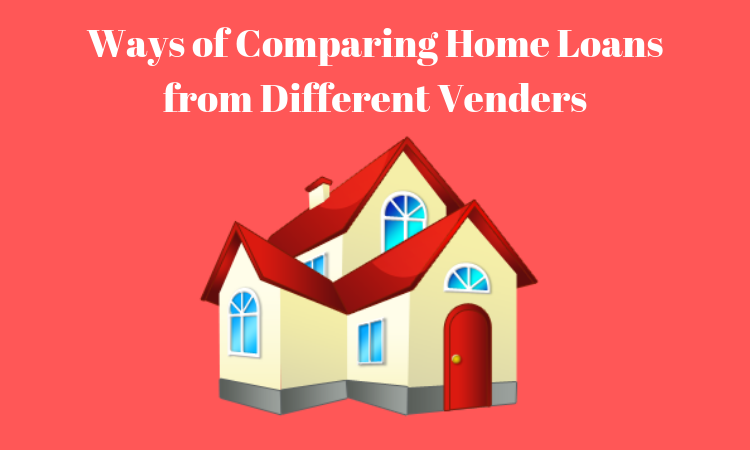Owning a house is the ultimate dream of an individual. Every person has this aspiration of buying the house of his/her own. Fulfilling this dream requires a substantial amount of money. In earlier days, when loans were not easily available, people would spend their entire lives in accumulating funds to buy their dream house. However, the situation has changed dramatically over the years and people do not have to wait long to buy a house. A lot of home loan companies or housing finance companies and banks are there to finance your purchase. With income levels growing substantially over the years, affordability of homes has also improved in the past two decades or so. There has been a sharp decline in the ratio of property prices to annual income-22% in 1995 to 3.7% in 2018. This, together with various government incentives and subsidies, has led to a significant increase in the demand for a housing loan.
Banks and Housing Finance Companies.
Almost all the banks, whether private or PSU, and housing finance companies offer home loans to buyers on various terms and conditions. Some banks have fully owned subsidiaries exclusively dedicated to housing finance, for example, Canfin Homes, PNB housing finance, SBI homes, etc. Among the non- banking housing finance companies, HDFC is the largest player with almost 40% market share. Some other leading home loan finance companies include DHFL, India bulls housing finance, LIC housing finance, L&T housing finance, etc.
Types of Home Loan
Home loans are available not only for buying a new house but for a variety of other purposes as well. Various types of home loans available in the market are discussed below.
Home loans
This is the most common type of loan meant for purchasing a new house or an apartment.
Loans for land or plot
loans are available for purchasing a plot of land for the purpose of constructing a house on it.
Construction loans
People who want to construct their own house on a plot of land owned by them can avail home construction loan.
Composite loan
If the plot is purchased less than a year ago from the date of applying for the loan, then the cost of land can also be included for considering the loan amount.
Home expansion loans
If you want to add a new room or even a new floor for your house, you can go home expansion loan.
Home improvement loan
Also known as a renovation loan, this loan can be availed for repair works, painting, plumbing, electrical upgrading, new tiles, etc.
Balance transfer loan
If the existing interest rate is high and a cheaper option available in the market, then the current outstanding loan amount can be transferred to another lender at a lower rate of interest and may be better served as well.
Bridged loan
If an existing home loan borrower wants to buy a new, bigger property in place of the current one, he/she can avail the bridge loan to finance the extra amount needed. Apart from these, there is another type of home loan called the NRI home loan. This is exclusively meant for the NRIs who wish to buy a residential property in India.
Comparing home loans from different lenders
Once a borrower is deemed eligible for a home loan, interest rate along with other associated charges, maximum loan amount and tenure offered by different lenders may vary. All these aspects must be taken into consideration before deciding upon which lender best suits you.
Interest rate and other charges
The benchmark interest rate on the home loan varies between 8.6% and 12% across different banks. While the public sector banks charge a lower rate of interest, private home loan companies charge the most. The actual interest rate applied depends on the monthly income of the borrower. Apart from the basic interest rate, there are some other charges levied by the lenders.
Processing fees
It is a onetime fee charged up front when the loan application is accepted. Normally it is a percentage of the loan amount, subject to minimum and maximum cap.
Application fees
some banks charge an application fee to cover the preliminary cost of verification.
Administrative fees
This is normally included in the processing fees but some lenders charge it separately.
Legal fees
It covers the cost of scrutinizing the borrower’s documents.
Documentation fees
covers the cost for loan agreement and other documentation.
Foreclosure charges
If a borrower wants to make prepayment and close the loan before schedule, then the lender levies a foreclosure charge as a percentage of the outstanding loan amount.
Maximum loan amount
The maximum amount that can be borrowed to buy a home range between 80 to 85 % of the total cost. It depends on the location of the property as well as the financial credibility of the borrower.
Home loan tenure
Home loans intrinsically are long term borrowing instruments. The tenure varies from five years to thirty years. Based on the repayment capacity and the age of the borrower, maximum tenure is decided upon. Older a person lesser would be the maximum tenure. Besides the above factors, another important point to consider is whether there is insurance cover for the loan or not.

